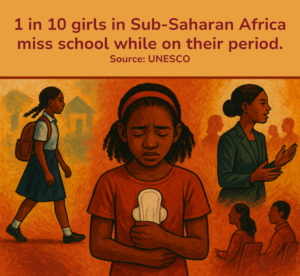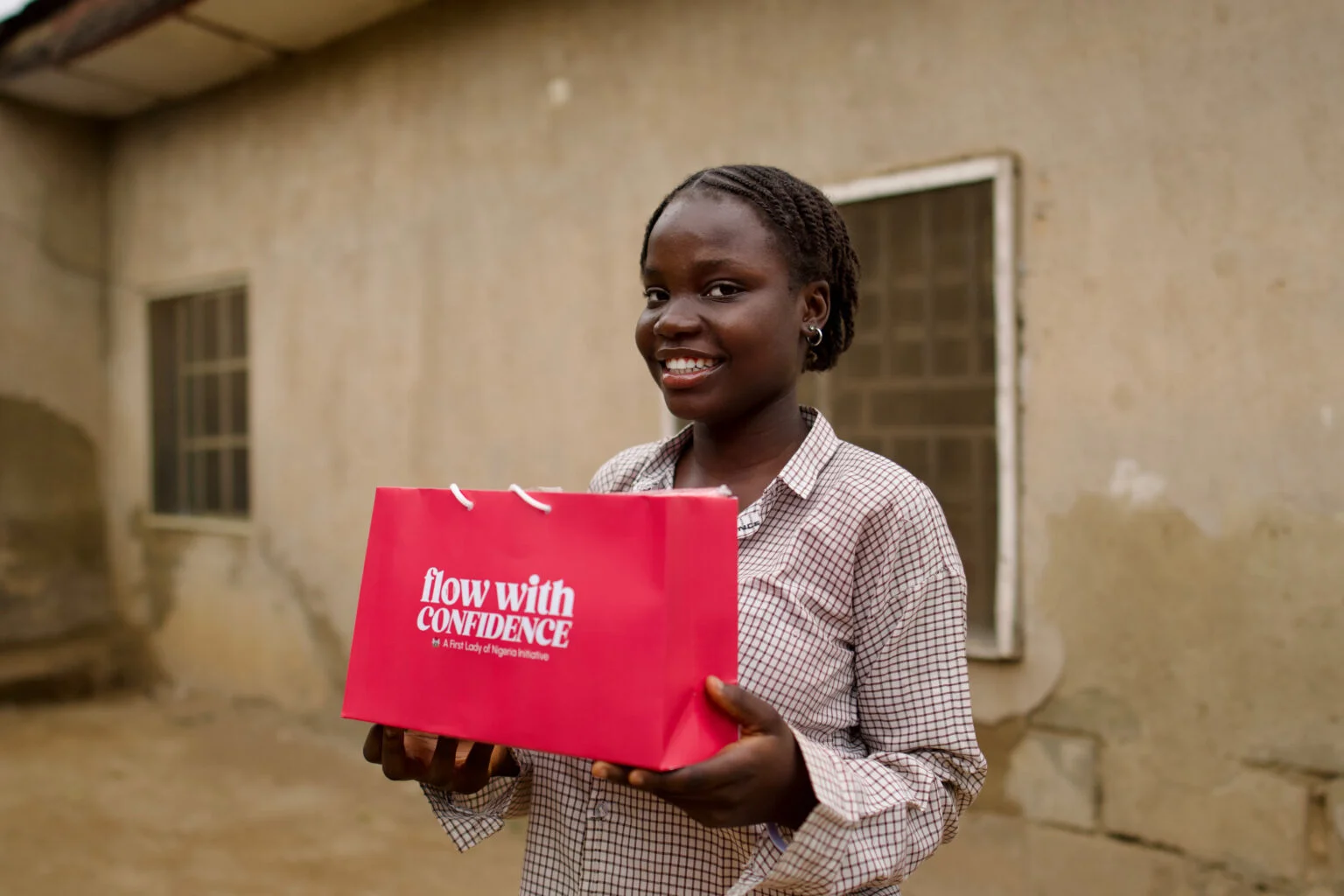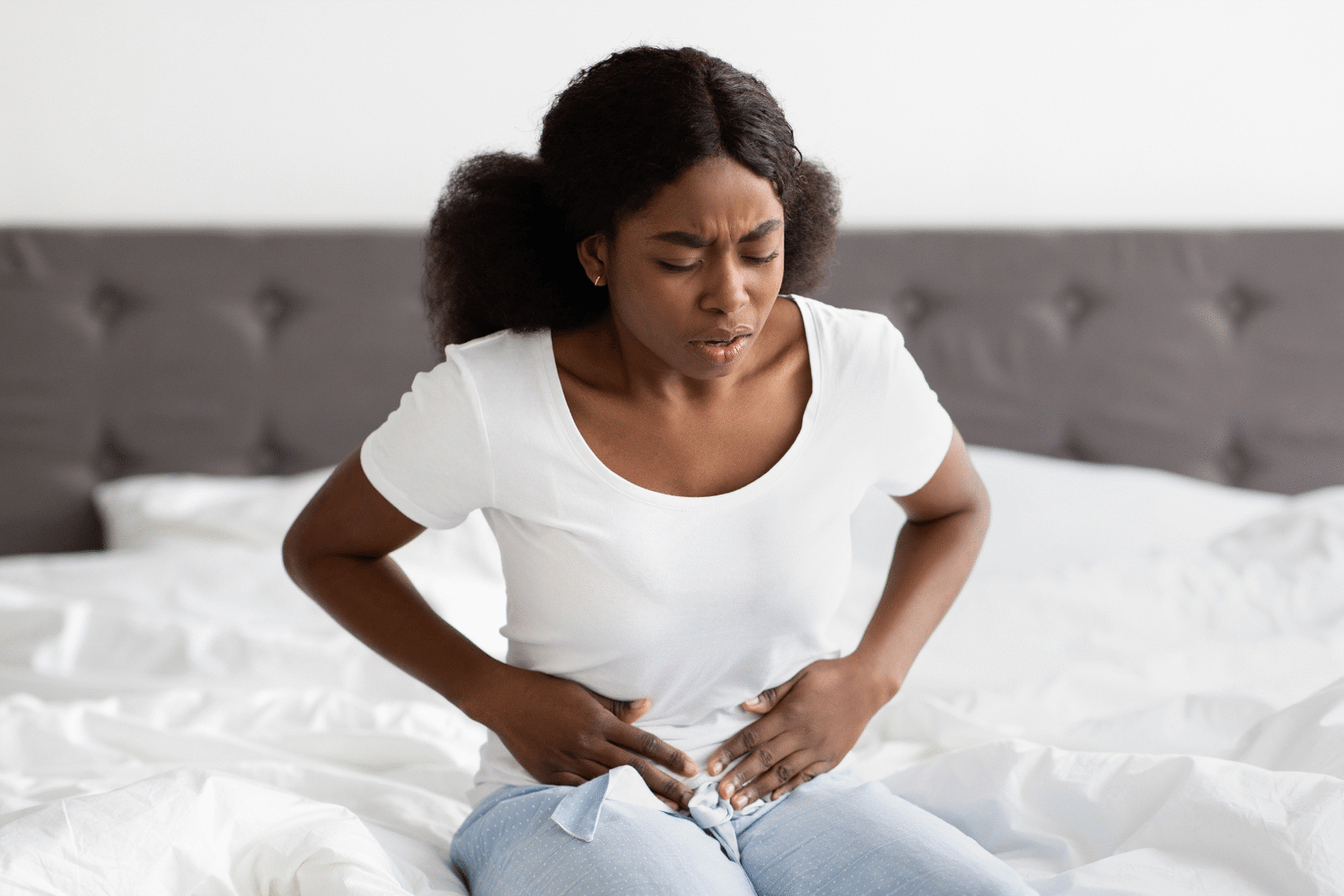When a girl doesn’t have access to sanitary products, she’s more likely to stay home from school.
Each day she misses is a step further away from her education, her goals, and the future she deserves.
As she grows into a woman, the lack of support—knowledge, resources, dignity—can quietly but powerfully limit her ability to contribute fully to her family, her community, and our national development.
We cannot continue to overlook this.
Two solutions, simple yet powerful, come to mind:
👉🏿 First, let’s provide free or affordable sanitary products in our schools.
This one intervention can make all the difference in keeping girls in class—and keeping their dreams within reach.
👉🏿 Second, we must invest in maternal education.
Because when a mother understands menstrual health, she passes on more than information. She passes on confidence, compassion, and care.

We see the ripple effect in communities where women are informed and empowered. It transforms everything.
This isn’t something to file under “extras” in health policy. It must be a core part of how we build a healthier, more equitable Nigeria.
Menstrual hygiene must be treated as a public health priority—guided by data, shaped by communities, and backed by policy.
We must embed it into national strategies, ensure access to clean water and safe sanitation in schools, and provide dignity kits that give girls the confidence to thrive.
Organisations like
Days for Girls International
ZanaAfrica Foundation
The Pad Project
AFRIpads
…are already doing incredible work across Africa. I encourage you to learn more—and support where you can.
Let’s build a Nigeria where no girl is held back by her period.
Where menstrual health becomes a bridge—not a barrier—to empowerment.



